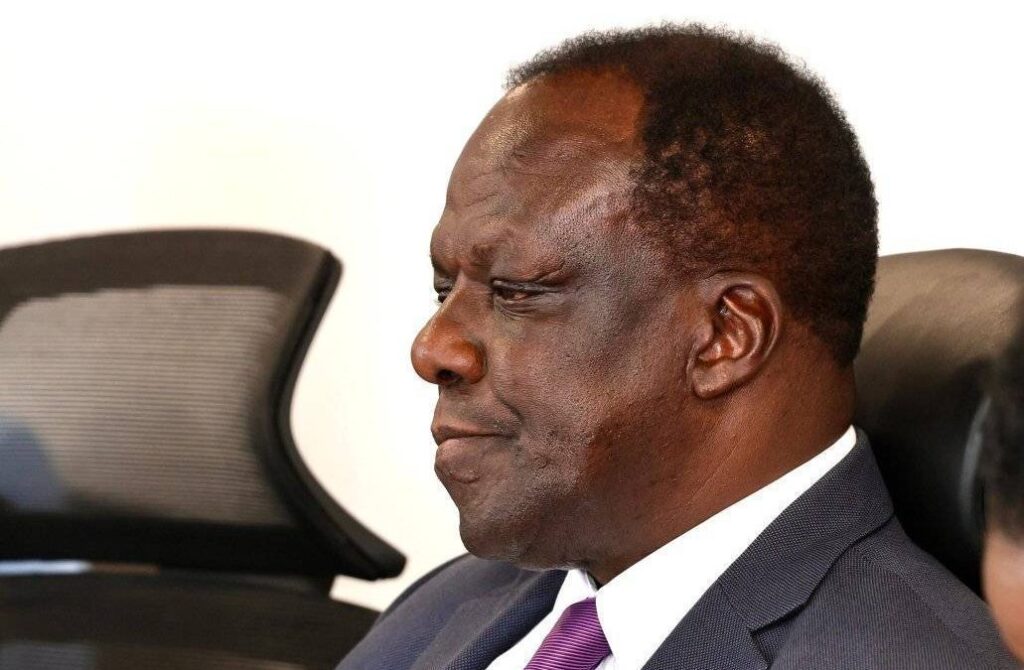A Nairobi High Court has nullified the decision by the Directorate of Public Prosecutions (DPP) to review corruption charges against the Cabinet Secretary for Cooperatives and MSME Development, Wycliffe Oparanya.
The charges, which included conflict of interest, abuse of office, money laundering, and conspiracy to commit corruption, had initially been brought forward in relation to alleged financial dealings involving over Ksh 56 million. In July 2024, the DPP moved to review and halt the prosecution process, a decision that has now been declared unconstitutional by the court.
The petition challenging the review argued that Oparanya’s nomination and subsequent appointment to the Cabinet were facilitated by the withdrawal of charges that should have proceeded to trial. The petitioner claimed that the review of the charges was done to sanitize Oparanya for his current government position.
According to the petition, the allegations linked the former Kakamega governor to funds received from directors of two companies, Sabema International Limited and Sesela Resources Limited. The petitioner maintained that overlooking the prosecution not only undermined the rule of law but also contravened constitutional provisions on leadership and integrity. Articles 10, 73, 75, and 76 of the Constitution, as well as the Leadership and Integrity Act, were cited as having been violated by allowing Oparanya to serve in public office while facing unresolved graft claims.
Delivering the ruling, the High Court held that the DPP’s decision was both irregular and unconstitutional. The court declared the July 2024 review null and void, effectively reinstating the corruption-related charges against the Cabinet Secretary.
The ruling reignites legal hurdles for Oparanya, who served as Kakamega County Governor until August 2022 before being appointed to the Cabinet two years later. His appointment had faced criticism from groups who argued that his integrity was under question.
This development adds a significant twist to Oparanya’s political and professional journey, placing renewed focus on accountability within the government. The decision also underscores the independence of the judiciary in ensuring that processes of justice are not undermined by political considerations.
With the court’s directive, the corruption charges are expected to proceed, setting the stage for a high-profile case that will test Kenya’s commitment to upholding transparency and the fight against graft.

